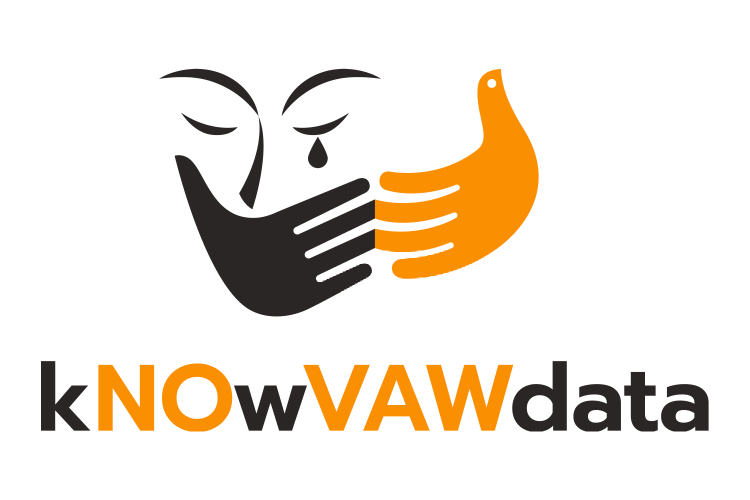Knowledge Hub

The Knowledge Hub provides links to resources supporting the measurement of violence against women and has been funded under the Pacific Spotlight Initiative. While starting with a primary focus on Pacific resources and global resources which are applicable for the Pacific region, the Knowledge Hub will continue under the UNFPA kNOwVAWdata initiative to support global knowledge exchange and a strong community of practice. The strength of this Knowledge Hub is the opportunity to share resources and support all regions of the globe.
If you would like to share links to be added to the Knowledge Hub, please send them to knowvaw-program@unimelb.edu.au.
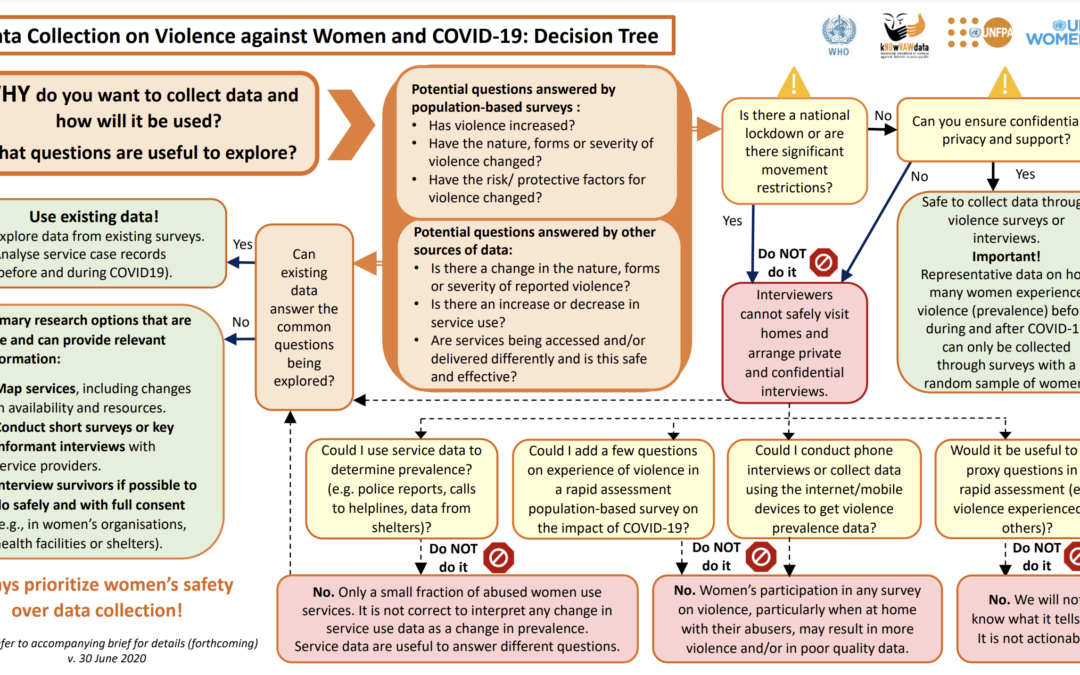
Decision tree: Data Collection on Violence against Women and COVID-19
This decision tree helps organisations with gender-based violence programmes, national statistical offices, policymakers and researchers decide when and how to best collect data on women's experiences of violence and their access and use of relevant services during the COVID-19 pandemic.
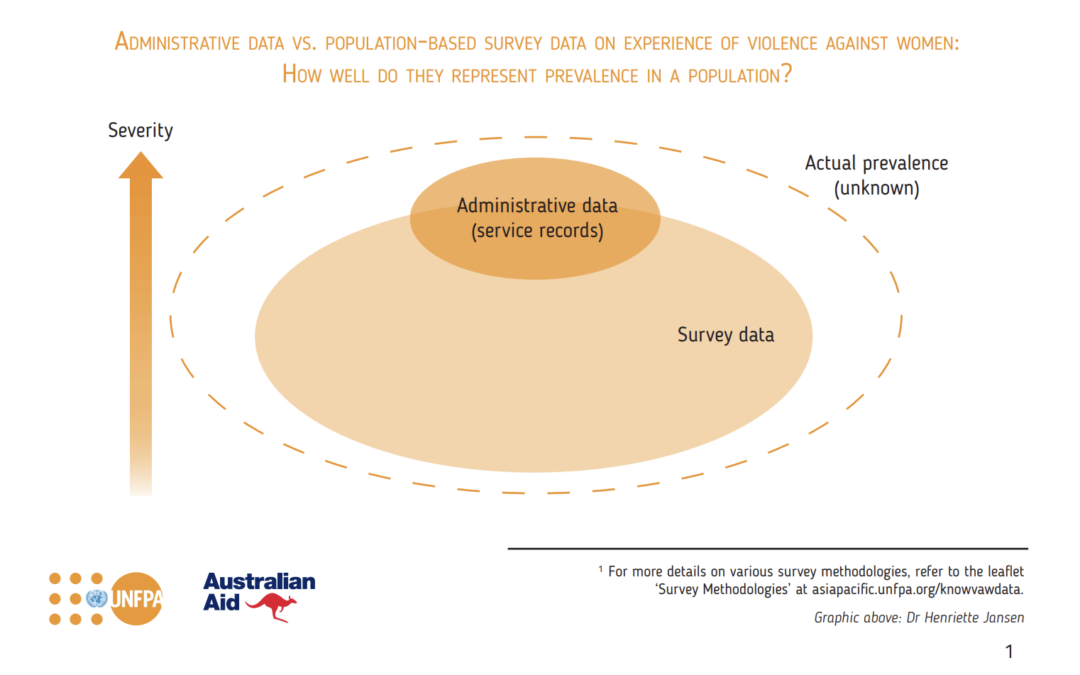
Sources of Violence Against Women Data – kNOwVAWdata
As this leaflet sets out to show, administrative data, while having their utility as a source of information on violence against women, cannot provide an estimate of the prevalence of violence against women taking place within a population.
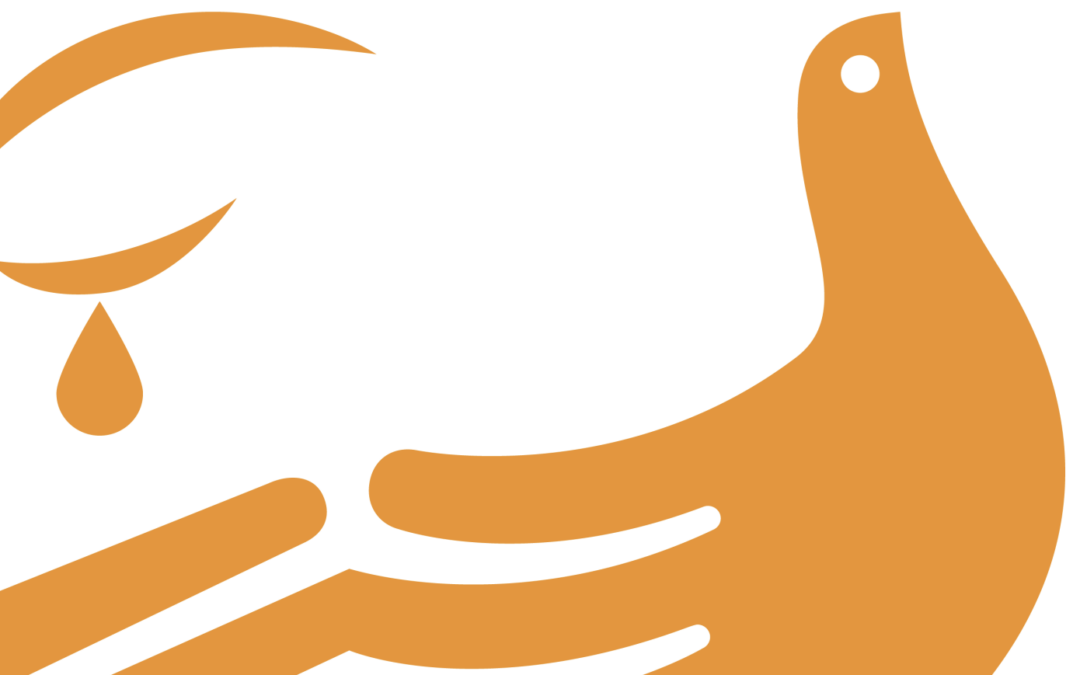
Violence Against Women Key Terminology: kNOwVAWdata’s explanation of commonly used terminology related to violence against women
kNOwVAWdata's explanation of commonly used terminology related to violence against women

Measuring the Prevalence of Violence Against Women Survey Methodologies – kNOwVAWdata Survey Methodologies
Surveys are the only way to collect data on the prevalence of violence against women (VAW) and thus to get an estimate of the magnitude of the problem in the population. There are two major approaches to collecting population-based data on violence against women using surveys; dedicated surveys or a set of questions/modules added to a large-scale survey.
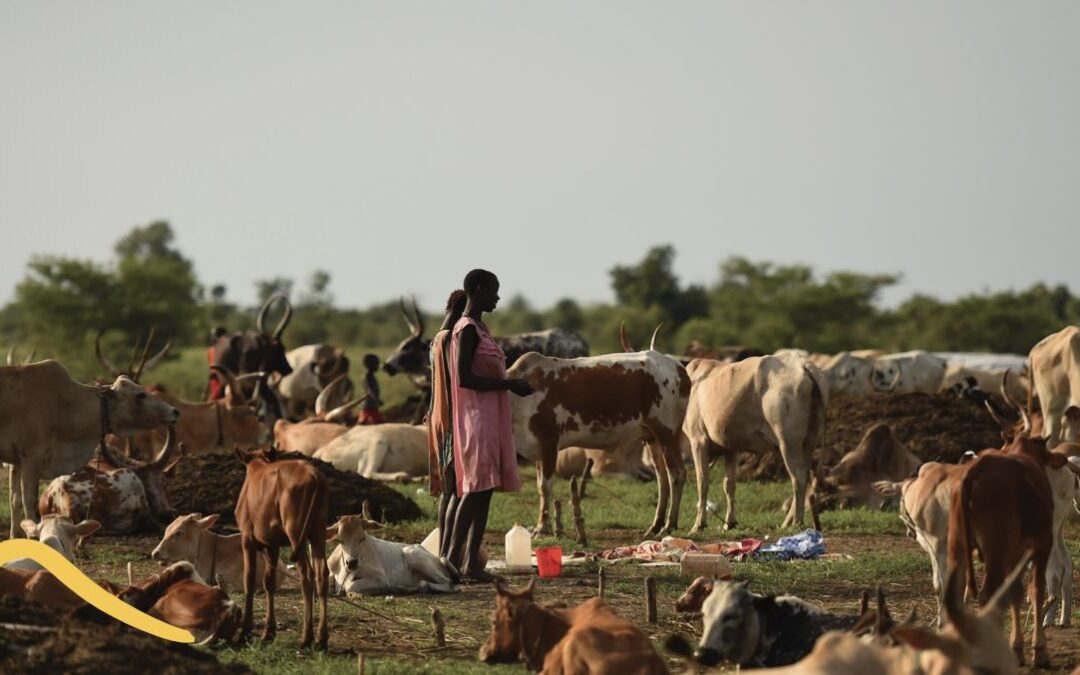
No Safe Place: A Lifetime of Violence for Conflict Affected Women and Girls in South Sudan (Policy Brief)
This brief highlights research aimed at filling substantial gaps in understanding of violence against women and girls (VAWG) in humanitarian settings, including whether or not there is a correlation between increased national conflict and VAWG.
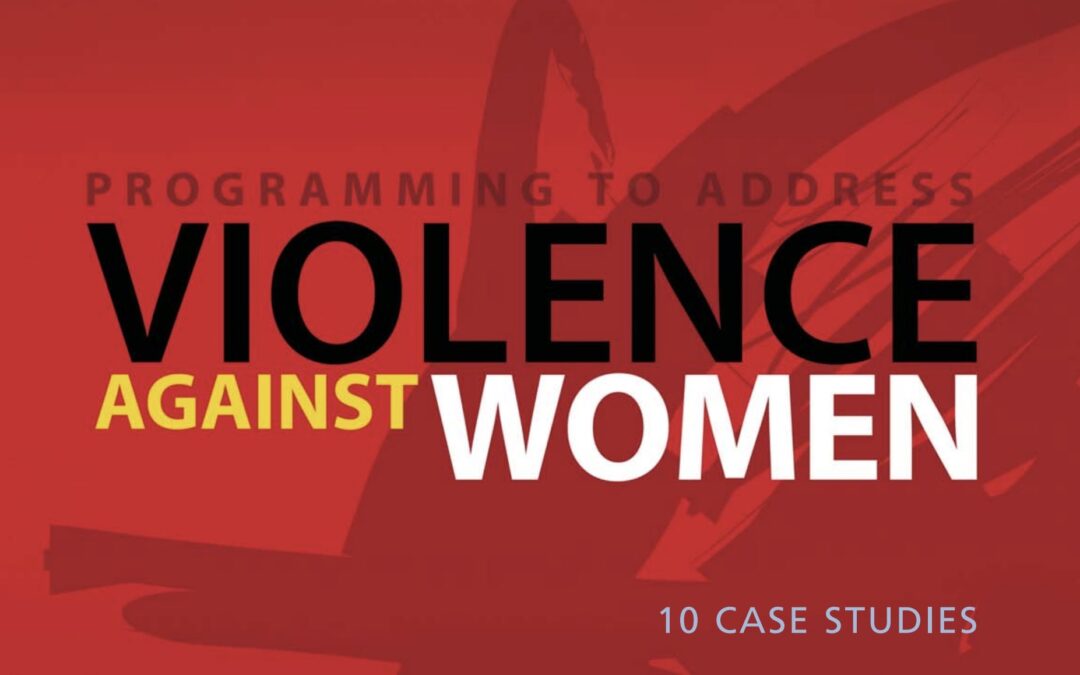
Programming to Address Violence Against Women
10 Case Studies presented in the form of lessons that were leant through projects conducted in 10 countries that set up projects to change attitudes and practices.
